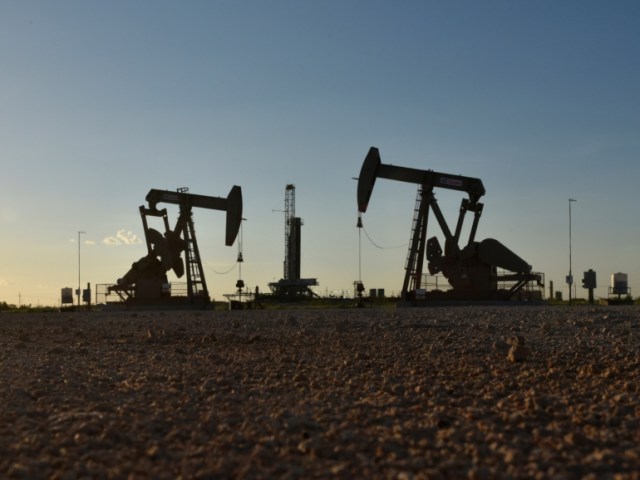In light of the general closure that affected the world over the Corona pandemic, and the demand for oil fell faster than at any time during last April, stopping the supply of crude was the only option for oil producers.
The British Economist newspaper says that American production fell by about two million barrels per day between March and May last, at a time when OPEC and its allies agreed to cut supplies to a record record of 9.7 million barrels per day during May and June, before This reduction is extended for another additional month.
These measures contributed to the recovery of the price of Brent crude from less than $ 17 a barrel in mid-April to about $ 42 on the fifth of June.
On the sixth of this month, with demand remaining in a fragile position, the OPEC Plus coalition decided to extend production cuts for a month, but how quickly will supplies rise with the pace of life returning to normal? The newspaper asks.
The Economist adds that the pace of production will respond to the high demand for jet fuel, gasoline and diesel, and that if prices remain above forty dollars, some companies and oil countries may boost production this summer, but supplies will face other restrictions in the long run.
Supply investments are declining
The newspaper said that future global investment in supplies has collapsed, at a time when the International Energy Agency estimates that oil investments this year will drop to their lowest levels since 2005.
It also indicates that Goldman Sachs expects production outside of OPEC to stagnate due to a lack of investment, and Bernstein Research believes that non-OPEC supplies - which account for about 60% of global production - may peak in 2025.
According to the International Energy Agency, spending in the oil and gas sector last year on upstream activities was 43% lower than in 2014, and the Corona epidemic worsened the situation. Producers closed wells, delayed project implementation and significantly reduced investment.
Steep decline
Restad Energy Energy estimates that of the three million barrels per day - whose production was cut last month, mainly in the United States and Canada - 10 to 15 percent will never be compensated.
The Energy Agency predicts that investment in energy supplies will be 33% less this year than in 2019 and 62% less than in 2014, so lower investment may have a greater impact on supplies.
For his part, Neil Beaveridge of Bernstein Research Company pointed out that the returns of many companies have fallen below the cost of capital, and it is unlikely that investors will decide to return to the expansion quickly, the performance of the energy sector was weak, and the recovery of demand is uncertain. Legislation may become more environmentally friendly in the near future.
A failed war
As for US shale oil, the newspaper says, analysts are watching the number of drilling rigs, pipeline data and closures for signs of an increase in supplies, but the truth is that a slowdown in the pace of productivity improvement has been recorded.
This is a precursor to OPEC and its allies who were affected by the past decade, which is why the coalition launched between 2014 and 2016 a failed price war to eliminate American competitors, since OPEC and its partners, led by Russia, have supported oil prices enough to maintain shale oil, but they have not succeeded in Support the local budgets of many of the organization's members.
The newspaper reported that Saudi Arabia urged Russia last March to cut production, but the latter refused to allow Americans to use OPEC-supported prices easily, but the timing of the price war that erupted after that was very poor, coinciding with the largest decline in demand ever due to Corona Virus.
The newspaper concludes by saying that if global demand declines because of changing habits, clean technology or more environmentally friendly legislation, countries with huge reserves risk stopping to continue oil production.

